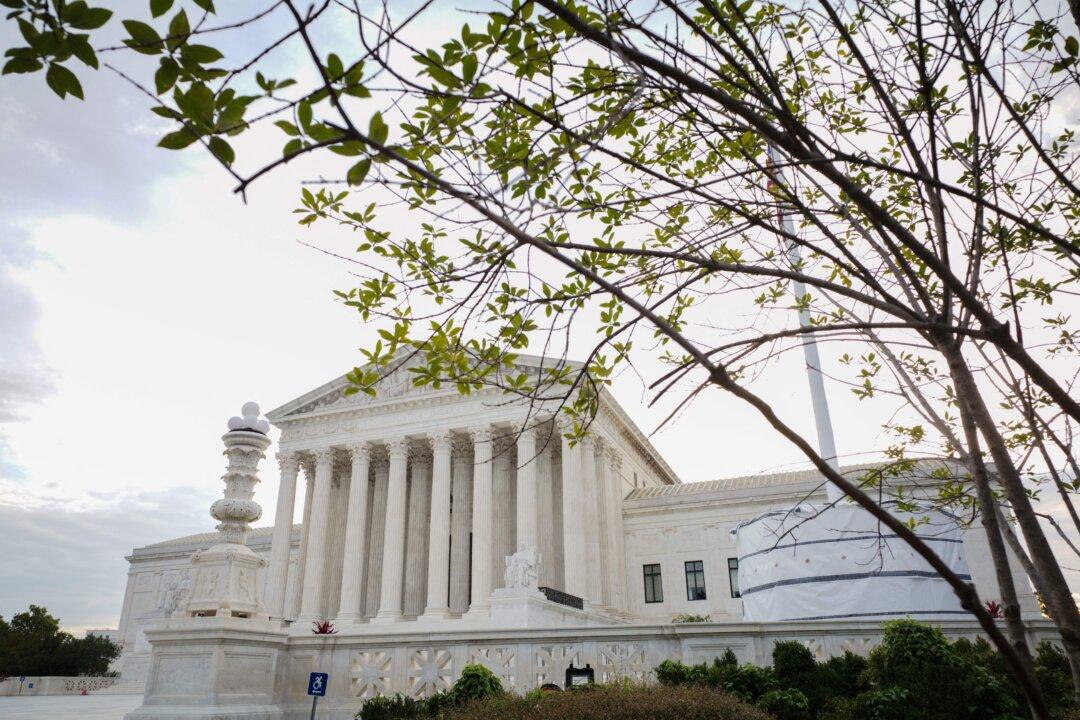An appeals court was wrong to revive a stalled lawsuit against the FBI that was based on a claim that the agency discriminated against Muslims by targeting them in a counterterrorism investigation, the Biden administration told the Supreme Court on Nov. 8.
The hearing in FBI v. Fazaga, court file 20-828, ran 47 minutes over the allotted 80.





